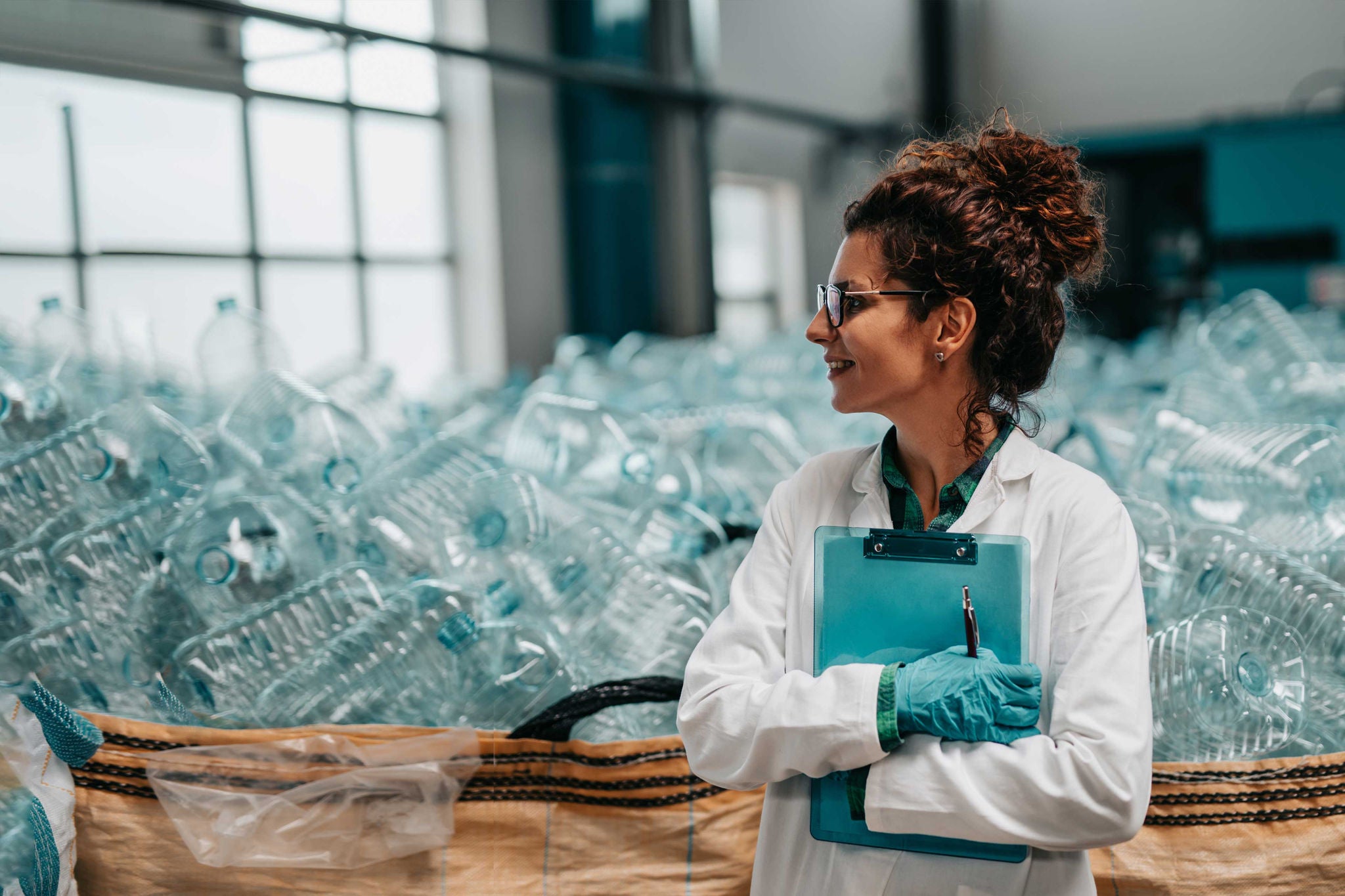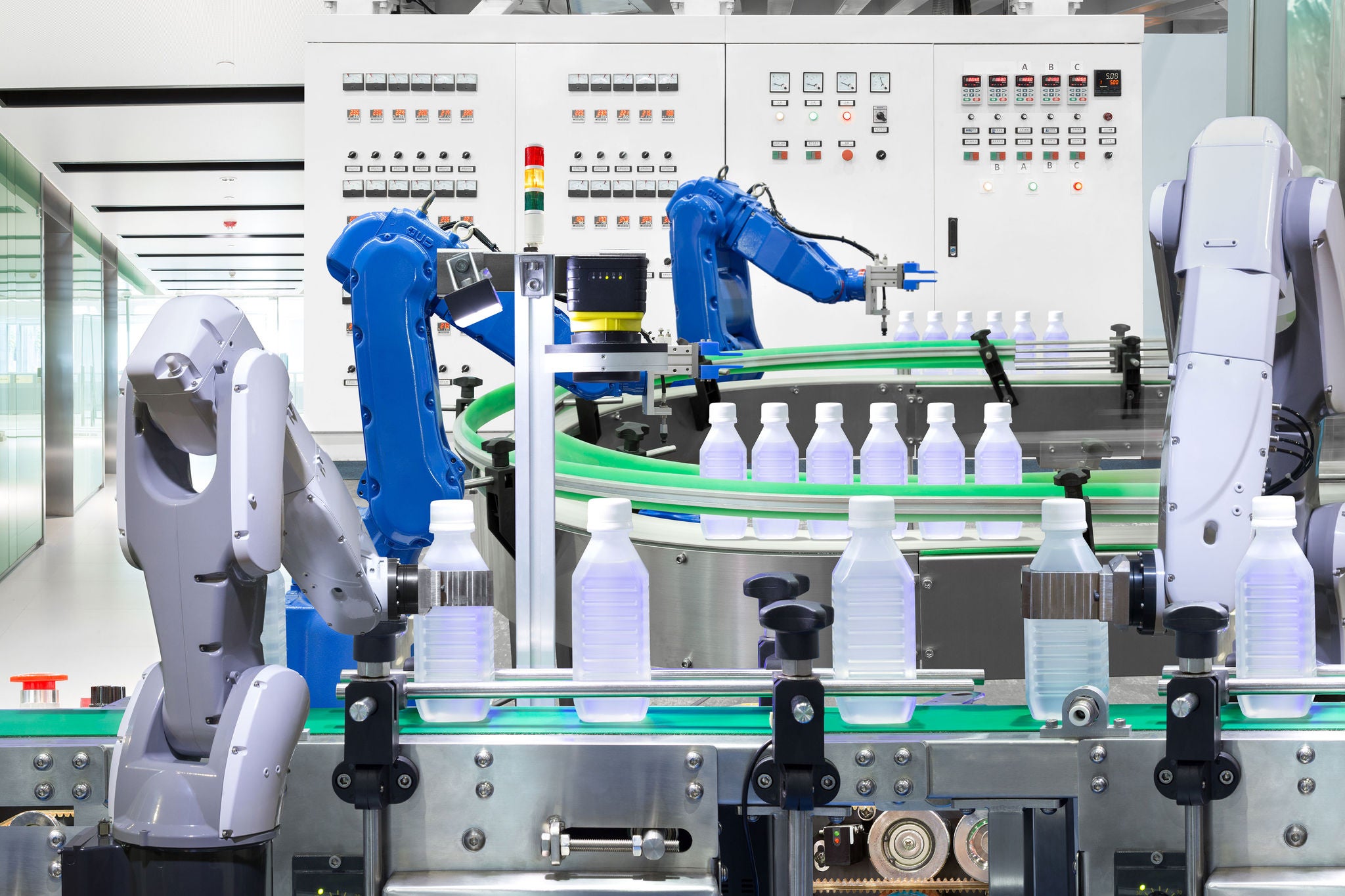The company engaged EY-Parthenon to create a new business model — a new strategy for survival in an increasingly hostile market.
The proposed solution was to build a B2B marketplace on an online platform to bring producers and manufacturers together. This would allow efficiencies to be shared by all, while other players in the ecosystem, such as third-party logistics and lenders, would all be able to participate. The key to a successful platform-based business is giving all participants the opportunity to gain.
The design and functionality of the platform had to be carefully specified based on a deep knowledge of the plastics market and its levers. EY-Parthenon teams were able to harness the expertise and experience of EY-Parthenon technology professionals globally who had built platforms serving different sectors together with local market knowledge to design the digital solution.
The platform would not only enable fewer exchanges (with attendant cost and time benefits) but also open the door to a greater number of local and regional producers as well as small and medium-sized manufacturers, democratizing the market.
Removing frictions in the supply chain was a key objective, but there were many other beneficial features. Lenders would apply financial due diligence to manufacturers so that a “buy now pay later” model could be adopted, while real-time tracking kept control over credit limits. Delivery apps would offer tracking and certification, back-end support would be automated, and logistics providers could put in competitive bids. In addition, producers would gain much greater insights into manufacturers’ purchasing habits, while industry and market news could be shared quickly and openly for the benefit of all. Automated back-office support would also greatly enhance employee productivity.
EY-Parthenon worked with professionals vendors on not just envisaging and designing the platform, but also managing its implementation and seeing the project through.







